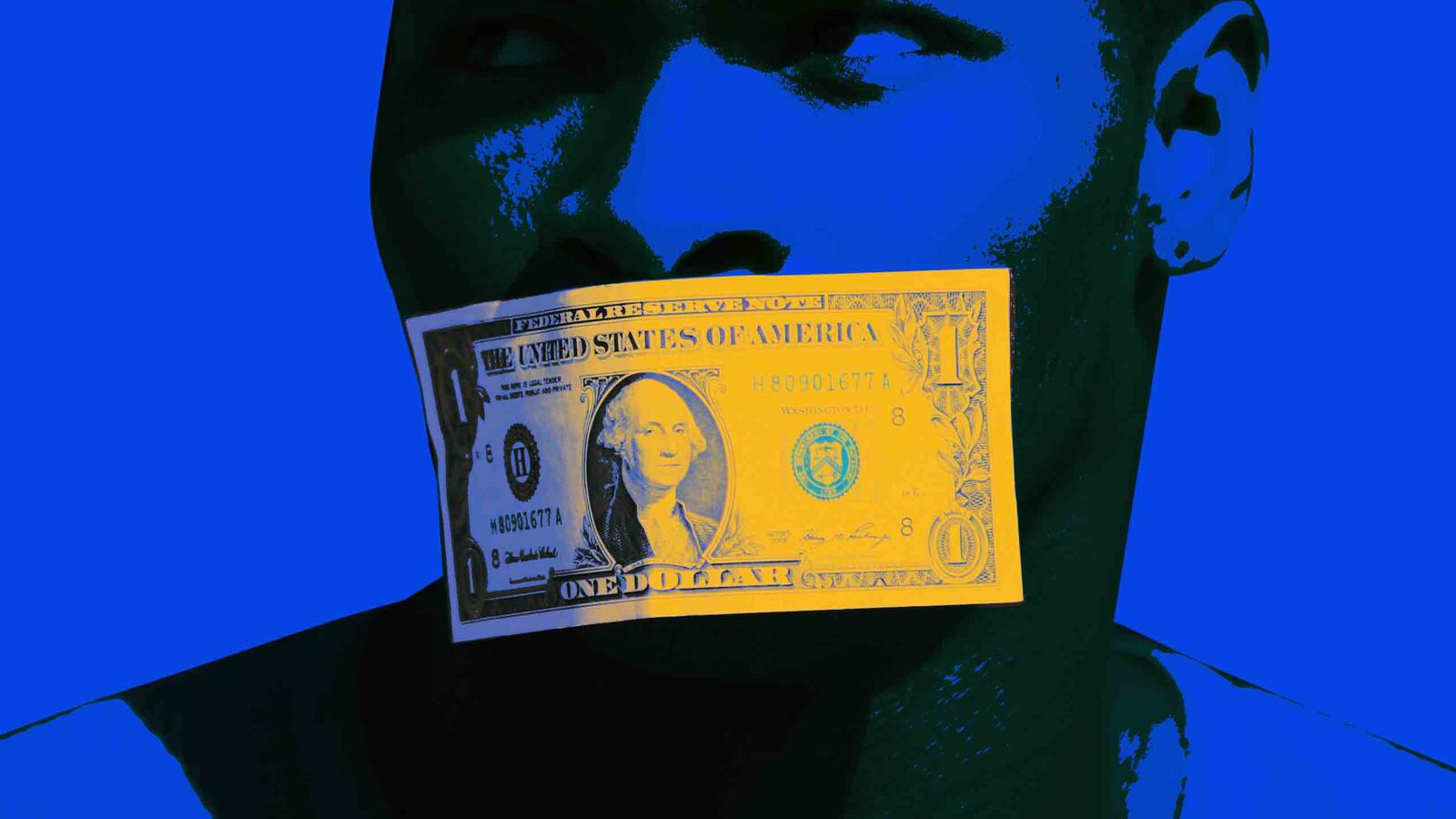Since the election of President Trump, twenty 20 states have enacted or introduced new laws to curb protests. The bills by Republican lawmakers aims to increase penalties up to five years in prison for blocking streets and highways, immunize motorists who strike protesters, seize the assets of people involved in protests that turn violent, ban the use of masks or other disguises during protests, charge protesters for the costs of policing the protests, criminalize heckling of public officials, and allow universities to expel students convicted of participating in a violent protest.
This is not the first time in American history that protest movements have inspired draconian responses. Union organizers in the early 20th century, and civil rights protesters in the 1960’s were targets of legislative repression. But the flood of so many new bills is unprecedented in its scope. But equally unprecedented is the ability of social media to organize demonstrations, marches, and other public protest activities more rapidly and efficiently. Nevertheless, there is nothing to suggest that laws presently on the books are insufficient to regulate public protests and punish violent conduct. And if conducted peacefully, protests in whatever form are protected by the First Amendment.
As with every other constitutional right, the meaning and scope of the First Amendment’s right of the people “peaceably to assemble” is fuzzy, and as with any other right, it’s up to the courts to provide clarity. But the courts have consistently ruled that government cannot forbid protest activities that are peaceful. Nor can government impose unreasonable procedures or oppressive conditions on such activities, such as making it difficult to obtain a permit, requiring the protest to be conducted in a fixed zone far from the target of the protest, or imposing substantial financial conditions on protesting.
Nevertheless, government enjoys considerable latitude to regulate the time, place, and manner of demonstrations. Laws can regulate the time of a demonstration, the number of demonstrators, ban objects that could cause harm, and limit conduct that could endanger public safety.
The laws noted above raise serious First Amendment questions. Indeed, many of them are almost certainly unconstitutional. As examples, the Arizona law that exposes protesters to punishment under racketeering laws like RICO typically aimed at organized crime; a Florida law that exempts drivers from liability if they strike a protester; a Mississippi law that makes it a felony punishable by five years prison for anyone obstructing traffic; an Indiana law that allows police to shut down protests “by any means necessary;” a Minnesota law that allows jurisdictions to charge protesters the costs of policing the protests; a Missouri law that criminalizes wearing robes and masks during demonstrations; an Oklahoma law, introduced in response to protests at the Keystone and Dakota Access pipelines, that increases penalties for trespassing on certain pieces of infrastructure like pipelines and railroads and specifically targets environmental organizations that “conspire” with the protesters.
According to several U.N. experts, many of these new laws also are claimed to be “incompatible with U.S. obligations under international human rights law.”
The motivation for most of these laws unquestionably flows from the effectiveness of the recent demonstrations, especially that have targeted many of the current hot-button issues - the Black Lives Matter, protests against response to police shootings; gender and transgender inequalities; President Trump’s travel ban, and; and the Dakota Access pipeline confrontation. Whatever the motivation, however, it is indisputable that lawmakers are enacting these laws with the purpose to chill free expression. Will courts uphold these laws? The answer most likely depends on how the courts construe these laws: will courts see them as a legitimate effort to regulate increased dangers to public safety and unobstructed vehicular and pedestrian travel? Or will courts view these laws as an arbitrary and excessive weapon to stifle free expression?
The meaning of the constitutional right to freely assemble has never been fully explained by the Supreme Court. Its most forceful pronouncements came during the Civil Rights struggles in the 1960’s when the Court struck down regulations that arbitrarily denied protesters a permit to march; limited the authority of police to unilaterally decide who would be allowed to march; imposed financial penalties on demonstrators for police presence and clean-up; and clarified the distinction between incitements to riot and lawful dissent.
There are numerous questions the Court has not resolved about the right to assemble. Most of the new laws will be claimed to serve a legitimate public purpose, such as safety, protecting infrastructure and critical facilities, and promoting pubic access to streets, highways, and other public places. One critical question that will be raised is whether laws that appear legitimate on their face may be viewed as illegitimate if it is determined that they were enacted with an illicit purpose to restrict or chill the right of people to engage in protest activities. This would be the self-same inquiry that the courts undertook with respect to President Trump’s travel ban. Courts also must determine whether these new laws are really necessary to protect safety and public convenience from increased dangers or whether they are unnecessary weapons to impair free expression.
First Amendment rights of free speech, press, assembly, and petition occupy the most highest and most protected status in the pantheon of constitutional rights. They more than any other rights are fundamental to our democracy. Courts reviewing these new laws must ask whether the higher price protesters must pay to dissent is too costly for a democracy to have to bear.




